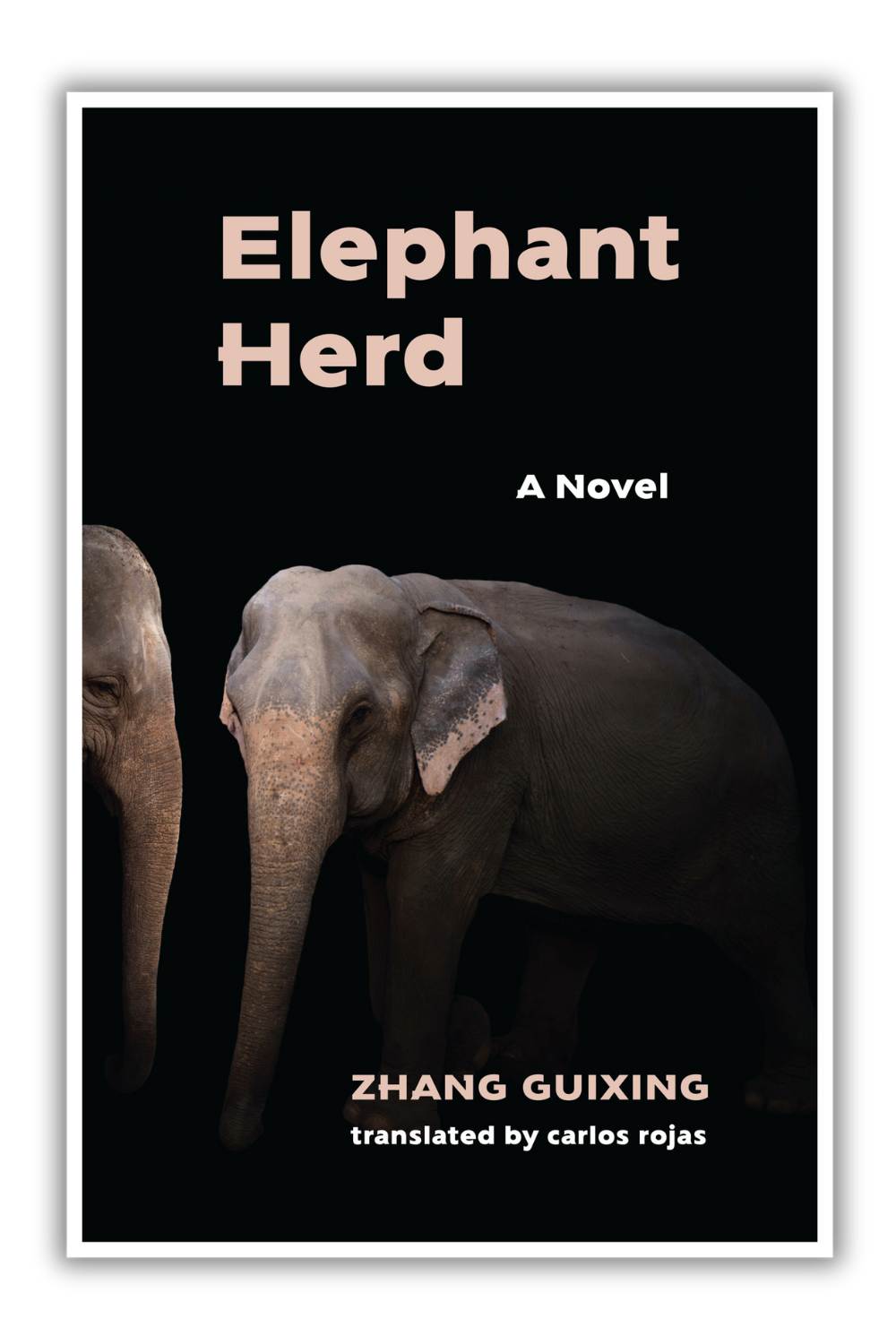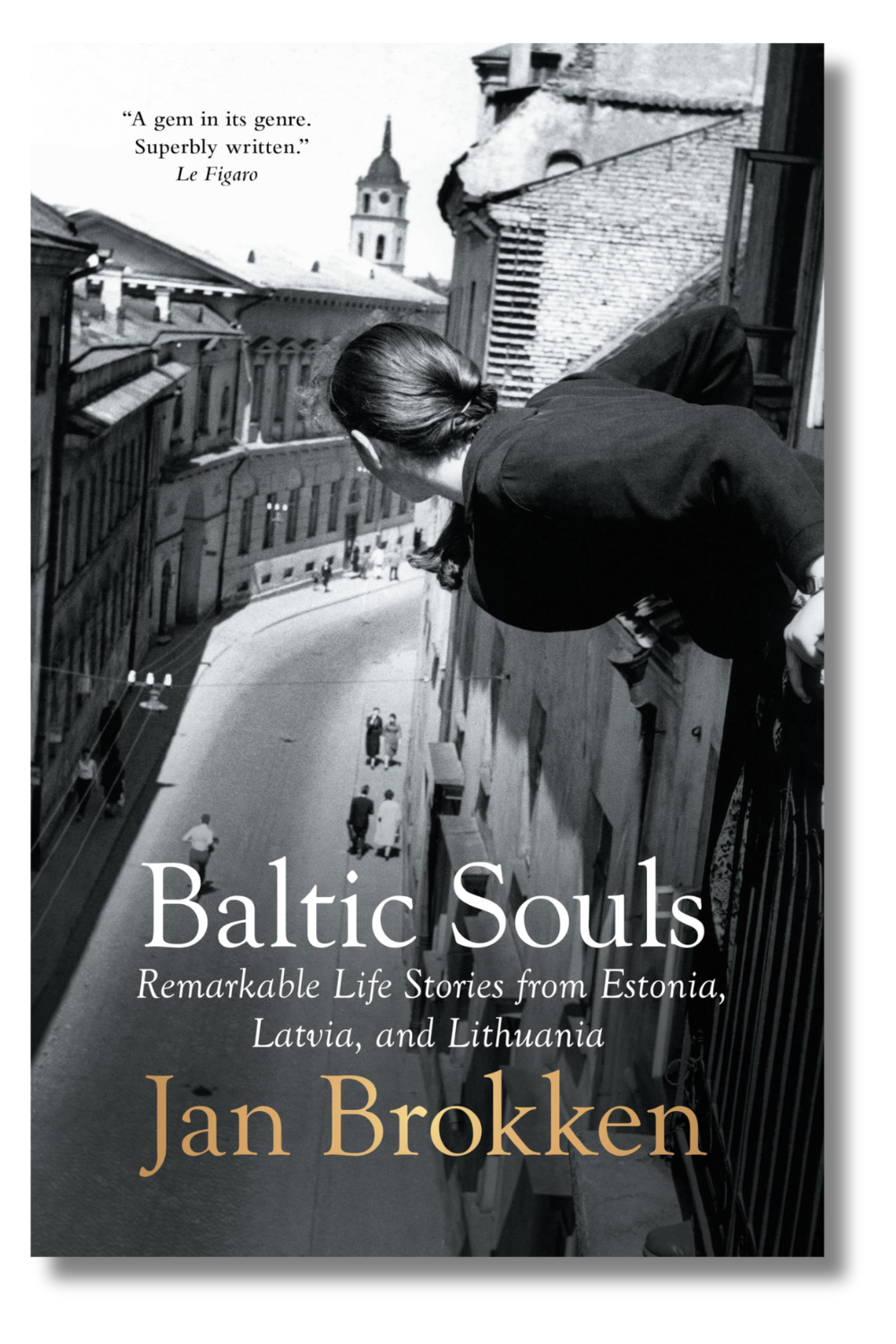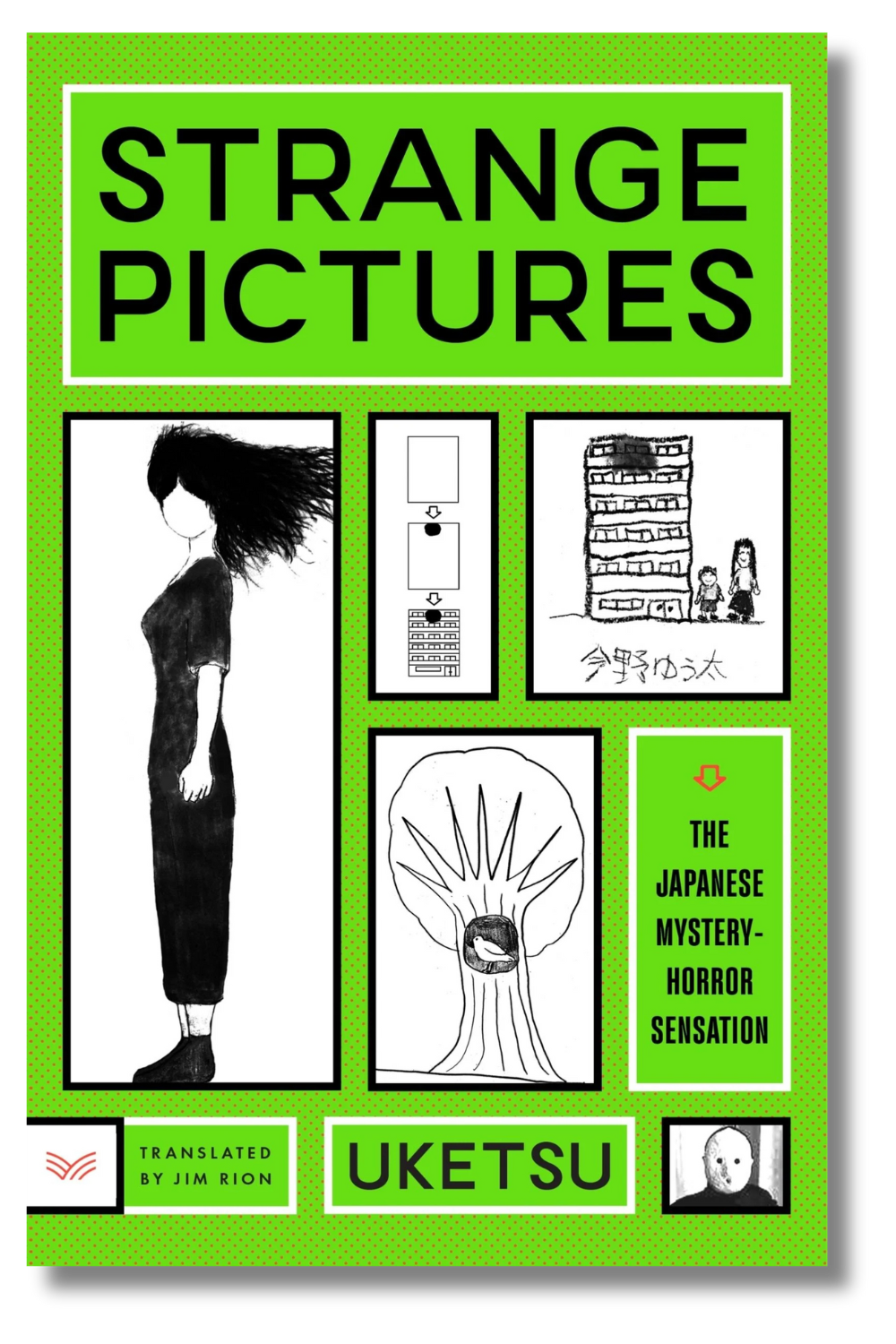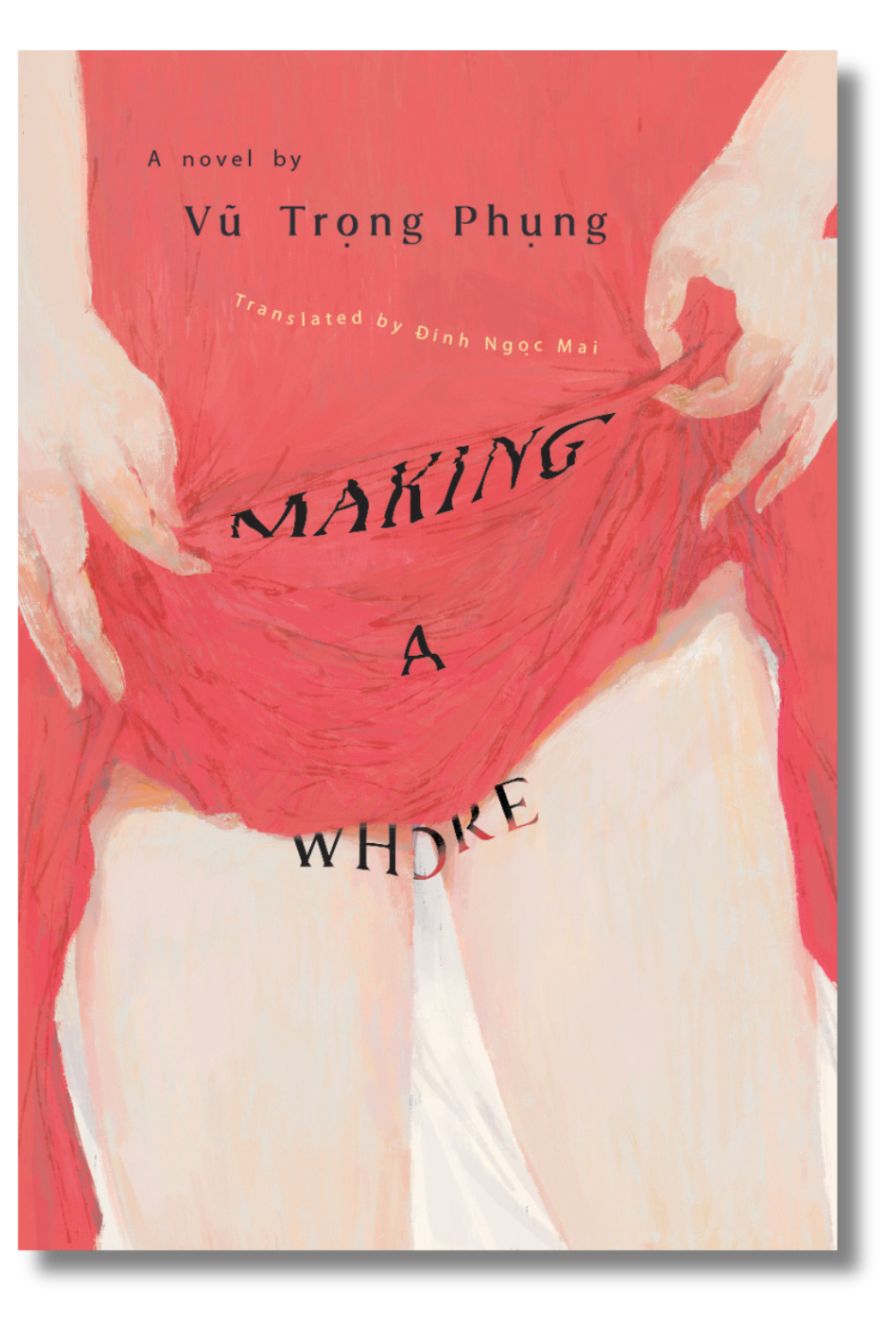From Columbia University Press | Elephant Herd by Zhang Guixing, translated from the Chinese by Carlos Rojas | Fiction | 240 pages | ISBN 9780231211697 | US$26.00
What the publisher says: “It is an atmospheric account of a Malaysian Chinese young man’s journey upriver deep into the Sarawak rainforest of northwest Borneo in search of his uncle, the leader of a Communist guerilla group. Venturing through the jungle, the protagonist—largely referred to only as ‘the boy’—enters a verdant and vertiginous world of wild creatures and political peril.”
What The Modern Novel says: “This book has been described as weird (it is, in a good way) and uses magic realism, a huge amount of local color, very odd characters, lots of animals and a convoluted but fascinating plot to give us a first-class novel.”
What I say: Translator Carlos Rojas’s introduction offers the reader some interesting insights into how Elephant Herd was translated and where readers might find writers whose approach to prose is comparable to Zhang Guixing’s. The novel itself juxtaposes a surreal pastoral with more jarring moments, as when a childhood encounter with nature turns lethal. The writing here directs the reader’s attention to the setting—both through cycles of life and the more tactile aspects of immersing oneself in the landscape.
From Scribe | Baltic Souls: Remarkable Life Stories from Estonia, Latvia, and Lithuania by Jan Brokken, translated from the Dutch by David Doherty | Fiction | 432 pages | ISBN 9781922585837 | US$22.00
What the publisher says: “Brokken uncovered the stories of famous artists and writers such as Mark Rothko, Sergei Eisenstein, Hannah Arendt, and Jacques Lipchitz, who were all born in the regions bordering the Baltic Sea before leaving to build their work abroad, spreading a bit of the Baltic soul across Europe and America.”
What Kirkus Reviews says: “Much of the Baltic’s past is painful, but the future looks hopeful, so long as the republics can remain free of an ever-threatening Russia. Indeed, Brokken writes, even young people in the Russian enclave of Kaliningrad are optimistic, hoping that it ‘would become the Hong Kong of the north . . . but with greater scope for independence.’ A learned, literate travelogue about a cultural cornucopia.”
What I say: Jan Brokken’s expansive work of nonfiction offers several windows into history, often exploring the convergence of art and politics. Baltic Souls balances out historical sketches featuring the likes of Hannah Arendt, Romain Gary, and Mark Rothko with scenes of Brokken interacting with people in the present(ish) day. (Brokken traveled in the Baltics from 1999 to 2010.) And in David Doherty’s translation, there are a few eminently memorable sentences, including “One person’s righteous crusade is another’s rage, despair, or sorrow.”
From HarperVia | Strange Pictures by Uketsu, translated from the Japanese by Jim Rion | Fiction | 240 pages | ISBN 9780063433083 | US$17.99
What the publisher says: “Structured around these nine childlike drawings, each holding a disturbing clue, Uketsu invites readers to piece together the mystery behind each and the overarching backstory that connects them all. Strange Pictures is the internationally bestselling debut from mystery horror YouTube sensation Uketsu—an enigmatic masked figure who has become one of Japan’s most talked about contemporary authors.”
What Alison Fincher at Asian Review of Books says: “What justifies the classification of Strange Pictures as a horror is the abiding sense of dread, the unsettling sense of wrongness that creeps under the reader’s skin as she reads—and stays there. Uketsu’s writing is powerfully atmospheric, and each new threat a character faces feels like a danger to the reader as well.”
What I say: I wasn’t entirely sure what to expect from Strange Pictures, and I was initially concerned that the high concept of this book, which features mysteries structured around illustrations, could feel gimmicky. Thankfully, that wasn’t the case; instead, this collection offers both the individual experience of seeing each puzzle solved and the grander pleasure of seeing how each element of this book fits together. Psychic visions, forensic mysteries, and some memorably screwed-up family dynamics also factor into the proceedings.
From Major Books | Making a Whore by Vũ Trọng Phụng, translated from the Vietnamese by Đinh Ngọc Mai | Fiction | 219 pages | ISBN 9781917233026 | UK£11.99
What the publisher says: “The novel follows the life of Huyền, a young woman born into Hà Nội’s upper class, whose innocent interest in her mother’s pregnancy is casually dismissed: ‘You’ll find out when you get married.’ Lacking sexual education from her family, Huyền turns to her peers for answers, opening up a world of childish whispers about physical pleasure.”
What I say: In the early pages of Making a Whore, Vũ Trọng Phụng writes, “Lust is not evil; rather, it is a noble, beautiful, and profoundly sacred thing.” The gulf between that sentiment and the more regressive aspects of society play out over the course of this book, as protagonist Huyền recounts the story of her growing disillusionment regarding attitudes toward sex and the role of materialism in society.
From Veliz Books | The Star-Spangled Brand by Marcelo Morales, translated from the Spanish by Kristin Dykstra | Poetry | 172 pages | ISBN 9781949776195 | US$20.00
What the publisher says: “The Star-Spangled Brand by Marcelo Morales, translated by Kristin Dykstra, is a collection of prose poetry which tracks a city that changes—unless it does not. He began the book’s composition during the 2010s with a long poem, ‘The Swan II,’ reflecting on everyday life and history in Havana. At the time, the world viewed Cuba as undergoing profound transformation.”
What translator Kristin Dykstra says: “It took [Marcelo Morales] years to complete the poems, and in those years, the Trump administration dramatically reversed the course of US/Cuba policy. The ramifications of the reversal for everyday people are intense, and Marcelo has been exploring them in entries that swivel between those opposed scopes, the grand and the small.”
What I say: It’s not every collection of (prose) poetry that finds time to invoke both Charles Simic and José Marti. That’s one of many feats that The Star-Spangled Brand accomplishes. It’s a politically charged literary work, one that abounds with cultural history and shimmers with no small amount of righteous anger. The overall effect is striking.
From Insert Press | Señorita Etcetera by Arqueles Vela, translated from the Spanish by Julianna Neuhouser | Fiction | 200 pages | ISBN 9781947322158 | US$20.00
What the publisher says: “Expressing the alienation of the new urban environment and the breakdown of traditional values in the wake of the Mexican Revolution, it follows a series of increasingly abstracted encounters between the narrator and an elusive woman with a plural, contradictory character, whose memory haunts him.”
What I say: Veka Duncan’s introduction to this edition of Señorita Etcetera refers to Arqueles Vela as “the first avant-garde prose writer in Latin America.” That avant-garde aesthetic takes many forms; readers of this collection will find use of liminal spaces, meticulously arranged documents, and a sense that the limits of language are being tested. It doesn’t hurt that Julianna Neuhouser’s translation features some memorable prose, as in the story “A Provisional Crime”: “It was doubtlessly a salon death.”
Looking for more reading suggestions? Check out Tobias Carroll’s recommendations from last month.
Disclosure: Words Without Borders is an affiliate of Bookshop.org and will earn a commission if you use the links above to make a purchase.
Copyright © 2025 by Tobias Carroll. All rights reserved.
















